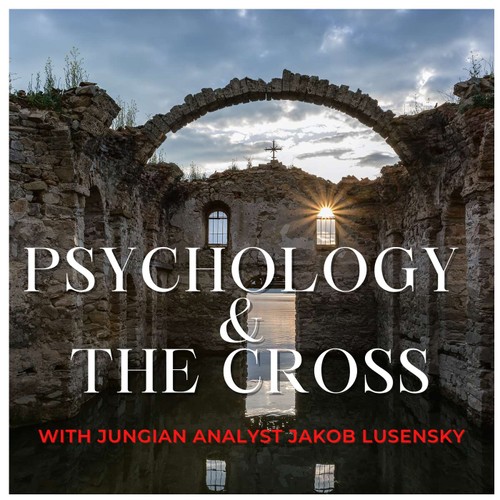
 Psychology & The Cross
Psychology & The Cross E1 The invisible Church: Jung's treatment of Christianity with Murray Stein
Feb 23, 2021
Murray Stein, a distinguished Jungian psychoanalyst and author, delves into the intersection of Jungian psychology and Christianity. He reveals his journey from minister to analyst, emphasizing how Jung's insights address contemporary spiritual needs. Stein discusses Jung's concept of the 'invisible church' and the evolving landscape of Christianity amid societal shifts. He also explores Jung's vision of a new, inclusive religion that integrates various spiritual traditions, and the balance between individuality and collectivity in personal faith.
AI Snips
Chapters
Books
Transcript
Episode notes
Murray Stein's Jungian Journey
- Murray Stein was born into a Baptist preacher's family and grew up immersed in the Bible and church life.
- His exposure to Jungian psychology began in divinity school and led him to study at the Jung Institute in Zurich for four years.
Jung's Therapeutic View of Christianity
- Jung treated Christianity as a patient suffering from one-sidedness, aiming to balance its split opposites like good and evil.
- He believed individuation could guide Christianity toward wholeness by integrating conflicting aspects symbolically and theologically.
Jungian Psychology and Protestantism
- Jungian psychology mirrors Protestantism by emphasizing individual consciousness and a direct personal relationship with God.
- Both distrust collectives, valuing personal responsibility and inner spiritual work over communal identity.













